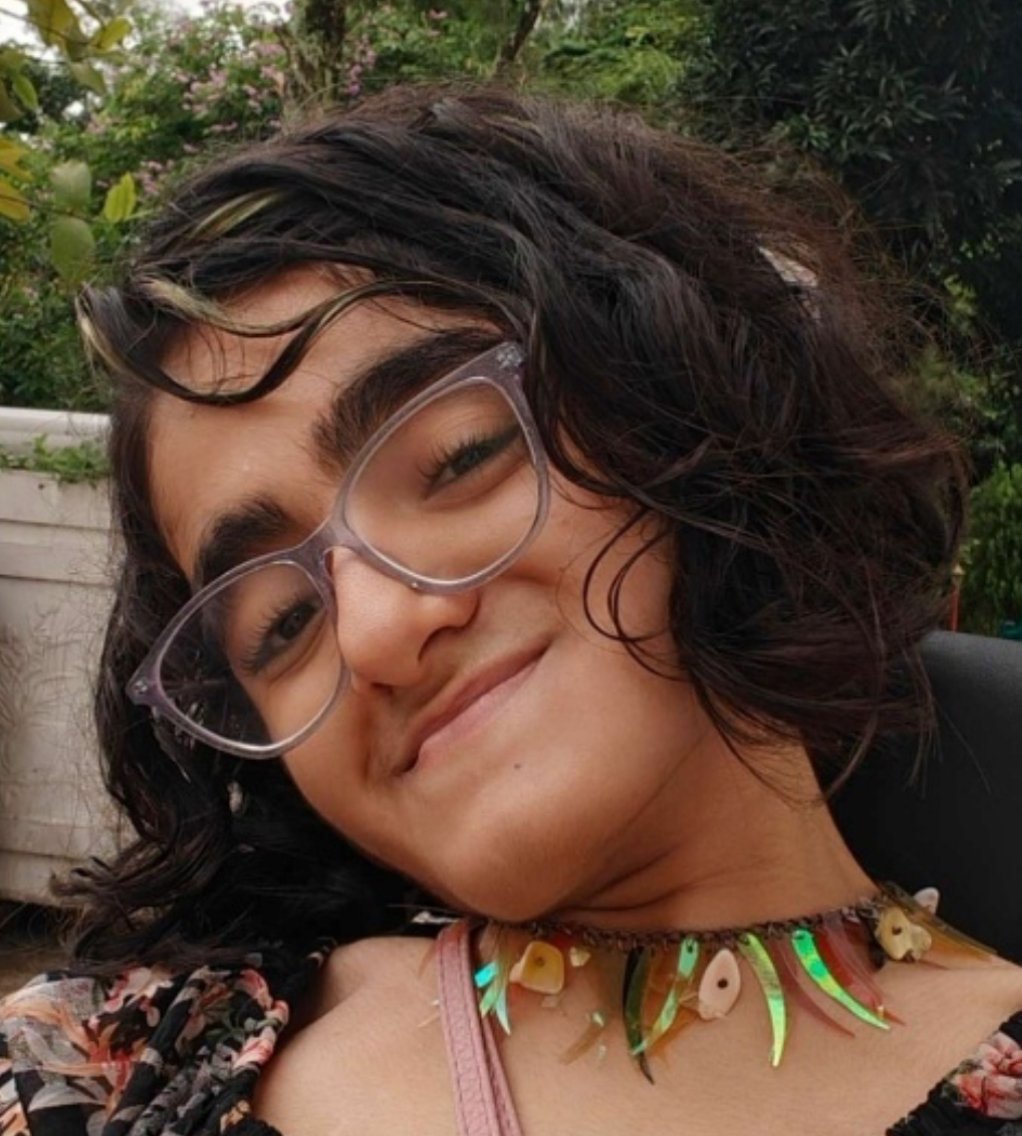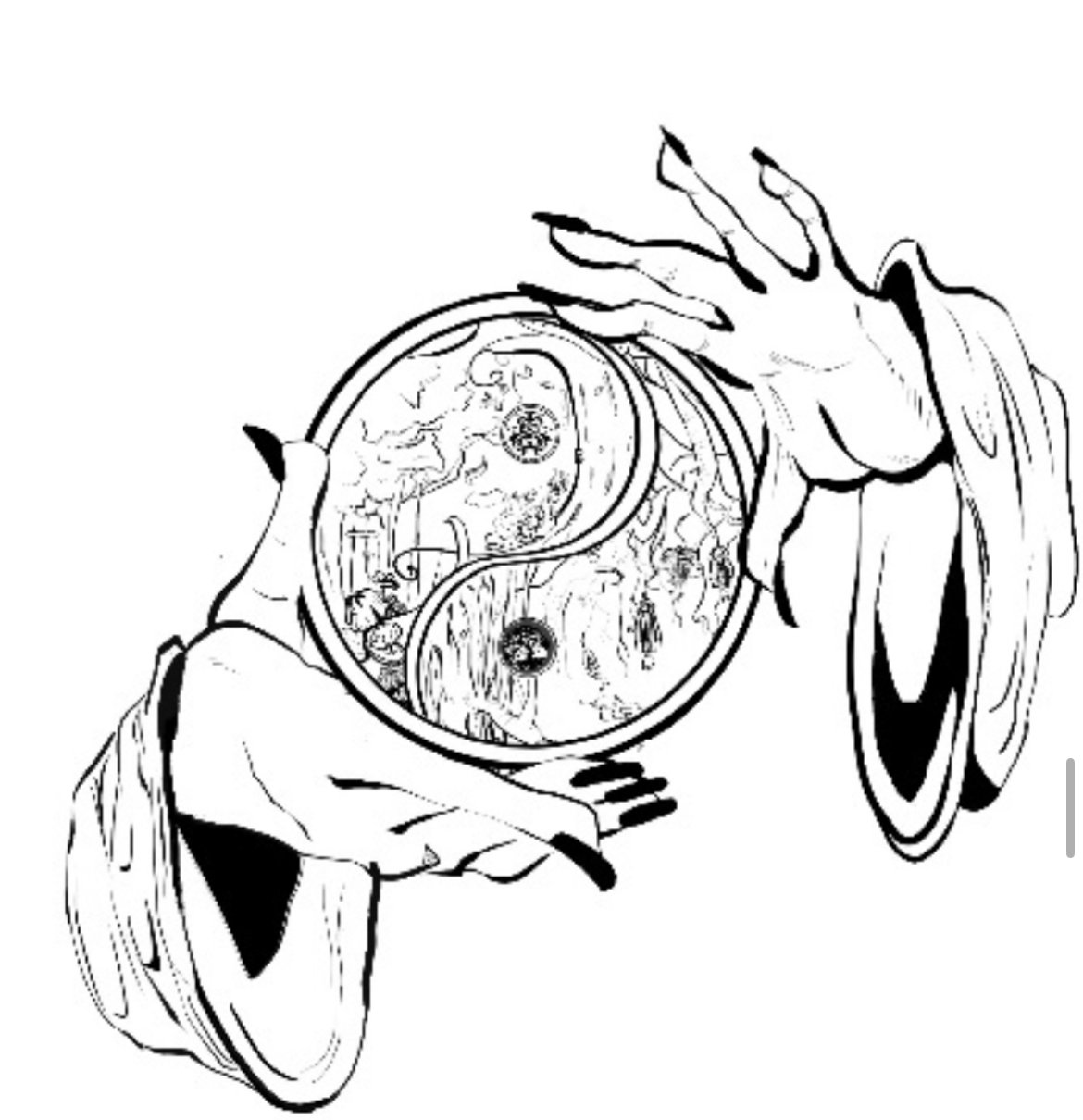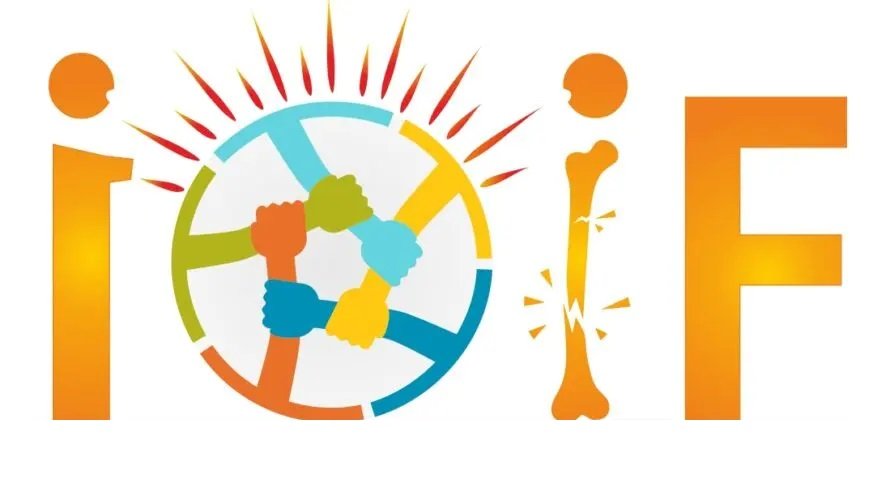Experience shared by Bismah

Hi, I’m Bismah. I was born and raised in Kolkata, though my great-grandparents were from Agra. I have Osteogenesis Imperfecta (OI), a genetic condition that causes fragile bones. No one else in my family has it—my case is due to a spontaneous gene mutation, possibly made more likely because my parents are first cousins.
My early years were full of challenges. We couldn’t find a good doctor for a long time, and I spent much of my childhood without proper medical care. We lived in an inaccessible apartment, so every trip outside meant being carried down two flights of stairs.
Imagine being a kid, curious about school and learning, but being turned away from most schools because of your condition—and because you had no previous school records. That was me.
For grades 1 through 5, I studied in a group tuition held downstairs. I followed the ICSE curriculum by mirroring two girls who were in the same grade. I studied the same textbooks, copied their notes, and even took their exams when they came home and handed me their question papers. It wasn’t perfect, but it worked.
Most of my time was spent reading, drawing, watching TV with my brothers, and playing with dolls. I didn’t have a wheelchair growing up—instead, I used a baby stroller, or crawled around the house. Sounds odd, but I truly loved the floor; it was my playground, my classroom, my world.
As I grew older, things got harder. My brothers got busy, my dad’s health worsened, and I wasn’t light enough to be carried easily anymore. I ended up taking a gap year and studied grades 6–8 with a private tutor at home. But after that, even my tutor left. I was on my own—completely self-taught from grade 8 onwards.
Self-learning didn’t come easily at first. I slacked off, spent too much time online, and lost motivation. But gradually, I started to enjoy learning for its own sake—not for grades or out of fear of exams, but because knowledge felt empowering. Have you ever discovered something just because you were curious—not because you had to? That’s what saved me.
A huge turning point was when Mrs. Koshi (Amma), the owner of a local school, let me appear for my 10th-grade ICSE exams—without charging any tuition. She was the first person to give me a real chance.
I wasn’t the most consistent student, but self-studying taught me discipline and helped me understand how I learn best. The lack of access to schools, libraries, and friends made me value knowledge in a whole new way. I became curious, experimental, and adaptive—traits I carry with me to this day.
But it wasn’t always bright. I’ve struggled a lot with self-worth and motivation. There were long periods when I felt invisible, like I’d missed too many chances. Some days I still feel that way. But there’s one thing that helped more than anything—the internet.
At 15, I started making online friends. It’s hard to explain what it’s like to talk to people who don’t judge you by your body first. For the first time, I felt like a person—not just “a disabled girl.” Connecting with others through mutual interests helped me build confidence.

Learning online and talking to others gave me a purpose. It made me want to experience life, despite everything. It gave me a reason to try again.
I became more open about my condition. I joined the OI community, started researching it more deeply, and saw how it affects not just our bones—but our mental health, our identity, and how we’re treated by society.
Mental health became something I deeply cared about, especially given my home life—my father’s anger, my mother’s constant stress. I want to help people understand themselves better, to become more compassionate, and to break cyclesof pain and misunderstanding.
There aren’t many milestones I can point to—no big trophies or awards. But I’m proud of the small things:
- Meditating to reduce anxiety
- Pushing my parents to finally get me a wheelchair at 18
- Going on an international trip, even though I was terrified
- Choosing to challenge the belief that I’m incapable
I had to drop science subjects during my A Levels because I couldn’t physically attend the practical exams, which was heartbreaking—especially since I wanted to become a psychiatrist. I often wonder: could there be a way to make practicals more accessible, without compromising fairness?
I strongly believe that schools should be more inclusive. Education should encourage creative thinking, not just memorization. And children need to be taught about disabilities. When I go out, kids stare at my wheelchair like it’s some sort of alien machine. I don’t mind—I’m even happy to explain what it is. But the fact they’ve never seen one before says a lot about our school system.
Growing up, I didn’t know anyone else with OI. I didn’t go to a special school or get physiotherapy until I was 18. It made it hard to accept myself. That’s why Wishbone Day—a day dedicated to OI awareness—means so much to me. It’s a day I can be proud of who I am, struggles and all, and connect with others like me.
I hope we can build a stronger support system for people with OI. With the help of the internet, we can reach each other—share experiences, conduct research, and just talk when we’re in too much pain to meet in person.
In India especially, I dream of a world that’s more accessible, where we don’t have to fight for every basic right or opportunity. I want a world where kids with OI can go to school, play outside, and dream big without being told they can’t.
I know life will continue to be difficult. But I also know I’m not alone. If my journey helps even one person feel seen or understood, then it’s worth it.
So, let me ask you—have you ever felt invisible, like your voice didn’t matter? I want you to know that it does. Just like mine does. Just like all of ours do.

